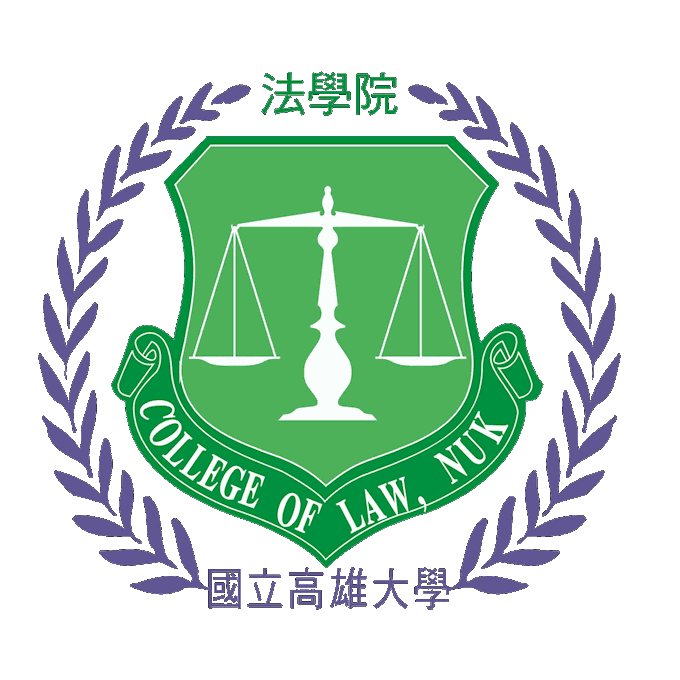

專利授權乃權利人在專利權之範圍內,透過專利授權協議,約定專利權之移轉、讓與、信託或同意他人實施等事項之法律行為,為目前專利布局最常見之方式。專利授權之運用,除遍及產業界、學界及各研發機構外,亦包括經常編列預算提供各界研發資源之公部門機構等等。 本文之目的,在運用法律經濟分析之理論及方法,自Coase定理之交易成本之概念、新制度經濟學派學者之觀點、Kaldor-Hicks效率理論,以及成本效益分析等,探討專利授權行為是否符合資源分配效率,以及對社會福利之影響。另引用行為經濟學論證專利授權行為是否屬於基於理性之決策,並解釋形成該行為之理由。 透過本文之分析,吾人可理解專利授權行為滿足經濟效率並得促進經濟效益。本文另從行為經濟學之角度觀察後發現,當事人之心理因素亦主導專利授權行為之決策,滿足當事人之自由意志,並影響當授權結果屬不確定情況時之決策。當事人選擇以專利訴訟做為履約或代替履約之手段,係受到使個人經濟上利益最大化以外之各種心理因素影響,甚至出自當事人有限理性思考下之行為。當事人為滿足交換欲望及自由意志,會選擇符合契約自由原則下所從事之專利授權行為,藉此並可解決行為結果不確定時及對未來認知有限情況下之決策問題。
The purpose of this article is to analyze the economic efficiency of patent licensing by using the Coase theorem and the New Institutional Economics about transaction cost, the Pareto optimality, the Kaldor-Hicks efficiency theory, and the cost-benefit analysis. The behavioral economic theories are also cited to explain contractual behavior regarding patent licensing in order to fill the gap between traditional and neo-economic theories for analysis. Through the discussion, we found patent licensing and cross licensing contract constitutes efficiency of resource allocation because of its nature of contract which applies to the rule of good faith. The patent law system can help reduce transaction cost as well by virtue of the filing and disclosure system of patent. In light of the social welfare, patent licensing applies to the Kaldor-Hicks efficiency and the overall benefits created by patent system outweigh the costs. By behavioral economic analysis, patent licensing decisions may be based on irrational and psychological factors. The decision about patent licensing would be made by human freewill and be influenced by the uncertainty or the time limit.